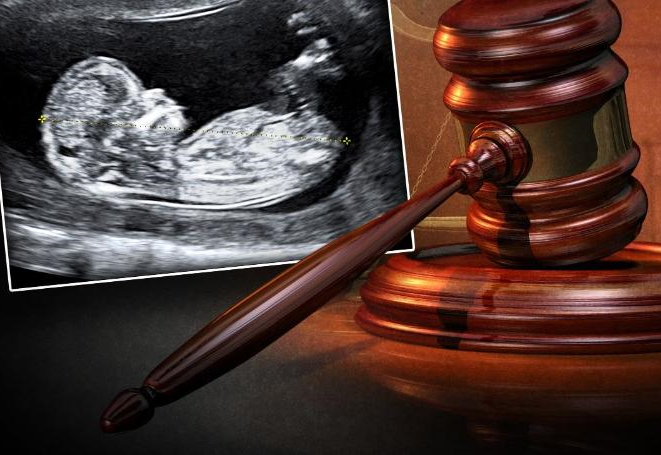The Trump administration was thwarted again this week in its efforts to defund Planned Parenthood and other abortion groups of federal taxpayer dollars.
The Baltimore Sun reports U.S. District Judge Richard Bennett blocked a new Trump administration rule that prohibits abortion providers from receiving Title X funds unless they completely separate their abortion businesses from their health care services.
Baltimore city leaders sued to block the rule earlier this spring, and Bennett granted a temporary injunction this week, according to the report. City leaders argued that they could lose about $1.4 million if the rule goes into effect.
“This week’s ruling is a win for public health and for Baltimore City residents,” said city health commissioner Dr. Letitia Dzirasa. “We know that those most affected by the proposed rule are families with the least access to resources, especially those who are uninsured. We simply cannot politicize health care services, and this preliminary injunction is the right decision for equitably delivered, high quality healthcare.”
Dzirasa took over the job from Leana Wen when she became the new president of Planned Parenthood, the largest abortion provider in America.
Wen blasted the rule as “unethical, illegal, and dangerous” in March because it does not treat the killing of unborn babies as health care.
Title X funds help low-income women and men receive birth control, cancer screenings and other health care services. While the tax money cannot be used to pay for abortions, it indirectly funds Planned Parenthood’s vast abortion business.
SUPPORT LIFENEWS! If you like this pro-life article, please help LifeNews.com with a donation!
In March, the Trump administration finalized a new Title X rule that requires health care entities to completely separate abortion from their taxpayer-funded services. Planned Parenthood, which receives about $60 million annually through the program, said it will not comply.
Abortion providers and Democratic leaders in 22 states quickly filed lawsuits challenging the rule.
The first lawsuit, filed by California Attorney General Xavier Becerra, asked the U.S. District Court in San Francisco to block the new Title X rule before it goes into effect. The second lawsuit includes Colorado, Connecticut, Delaware, Washington, D.C., Hawaii, Illinois, Maryland, Massachusetts, Michigan, Minnesota, Nevada, New Jersey, New Mexico, New York, North Carolina, Pennsylvania, Rhode Island, Vermont, Virginia and Wisconsin.
Several judges nominated by pro-abortion President Barack Obama already have blocked the rule in a number of states.
The abortion chain Planned Parenthood sees about 1.5 million a year through Title X, and its services through the program, including cancer screenings and birth control, have been dropping steadily for years, according to its own annual reports. Meanwhile, its abortion numbers have been growing – a clear indication of its true focus.
It is Planned Parenthood that is choosing not to comply with the rule by making abortion its “core mission,” rather than real health care. The abortion chain could continue to receive Title X funds if it stops aborting unborn babies or if it completely separates its abortion business from the real health care services it provides. But Planned Parenthood made it clear that it will not.
Meanwhile, community health centers vastly outnumber Planned Parenthood facilities and provide far more comprehensive medical services to low-income and minority women across the country. They still have access to those funds, assuring that low-income individuals still will have a options for their medical needs.
What success the lawsuits ultimately will have remains uncertain. In 1991, the U.S. Supreme Court upheld a similar rule from President Ronald Reagan’s administration in Rust v. Sullivan. However, because of the lengthy legal challenge, the rule never went into effect. President Bill Clinton eliminated the rule when he took office soon after the Supreme Court decision.








